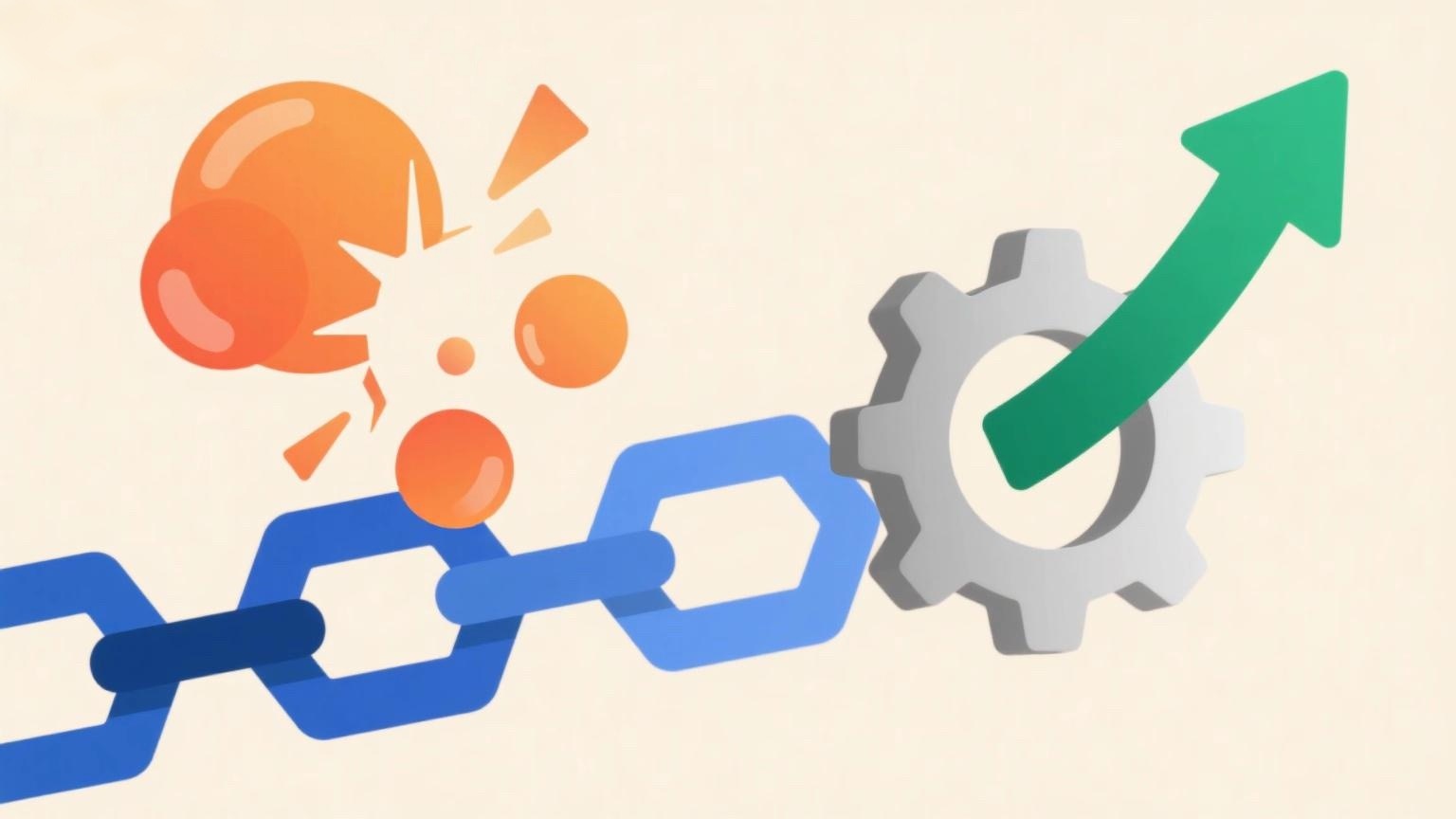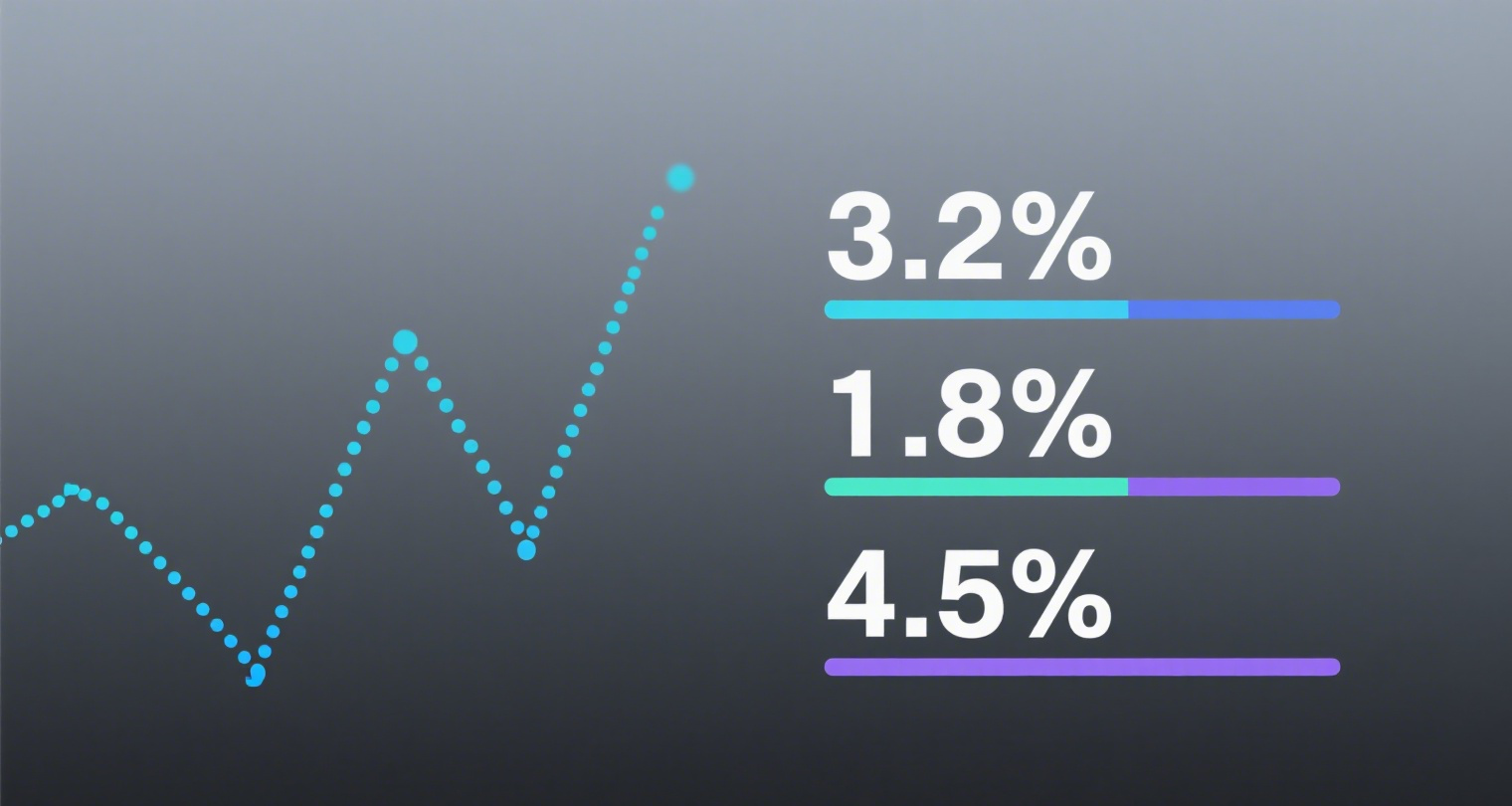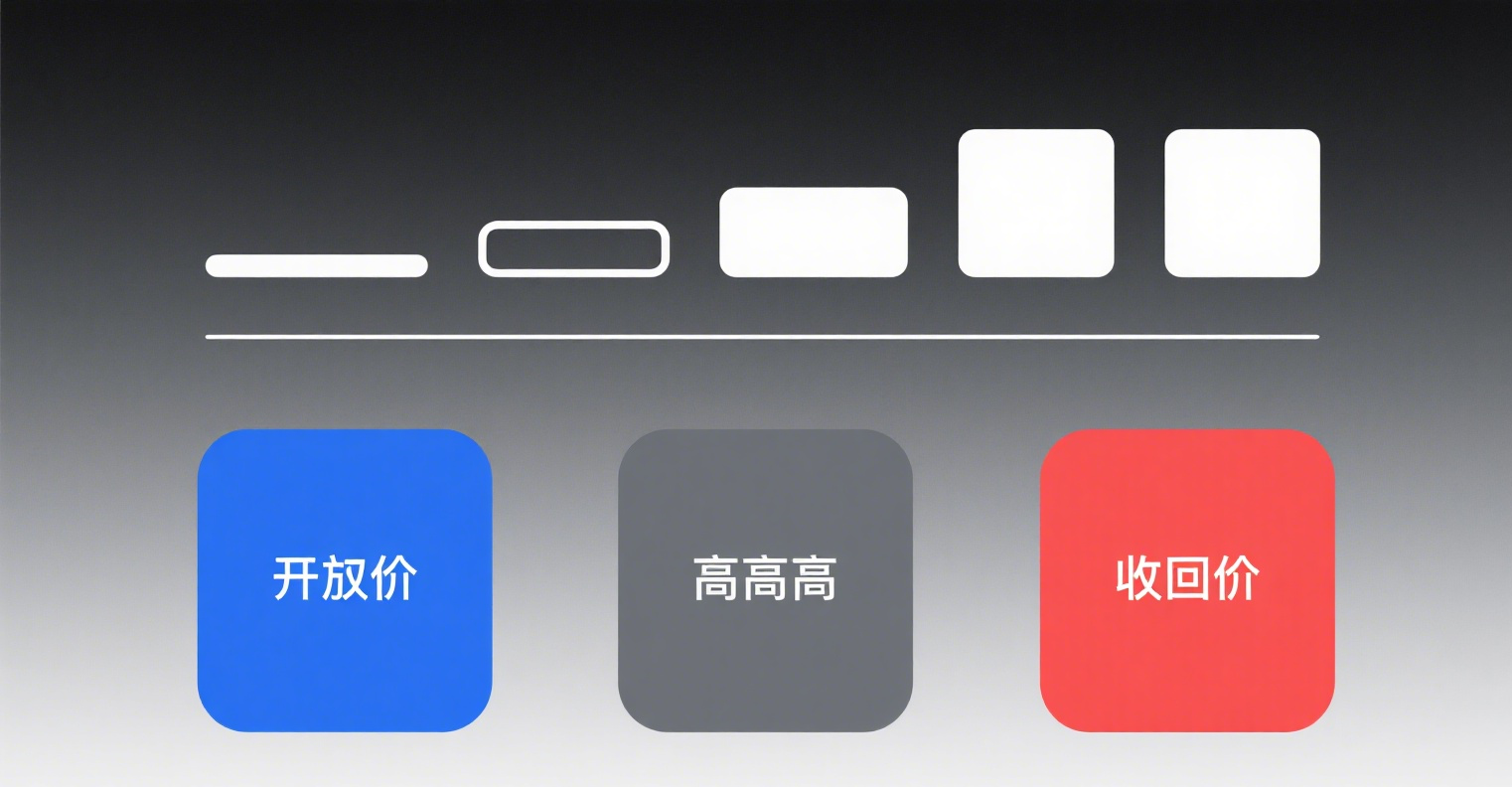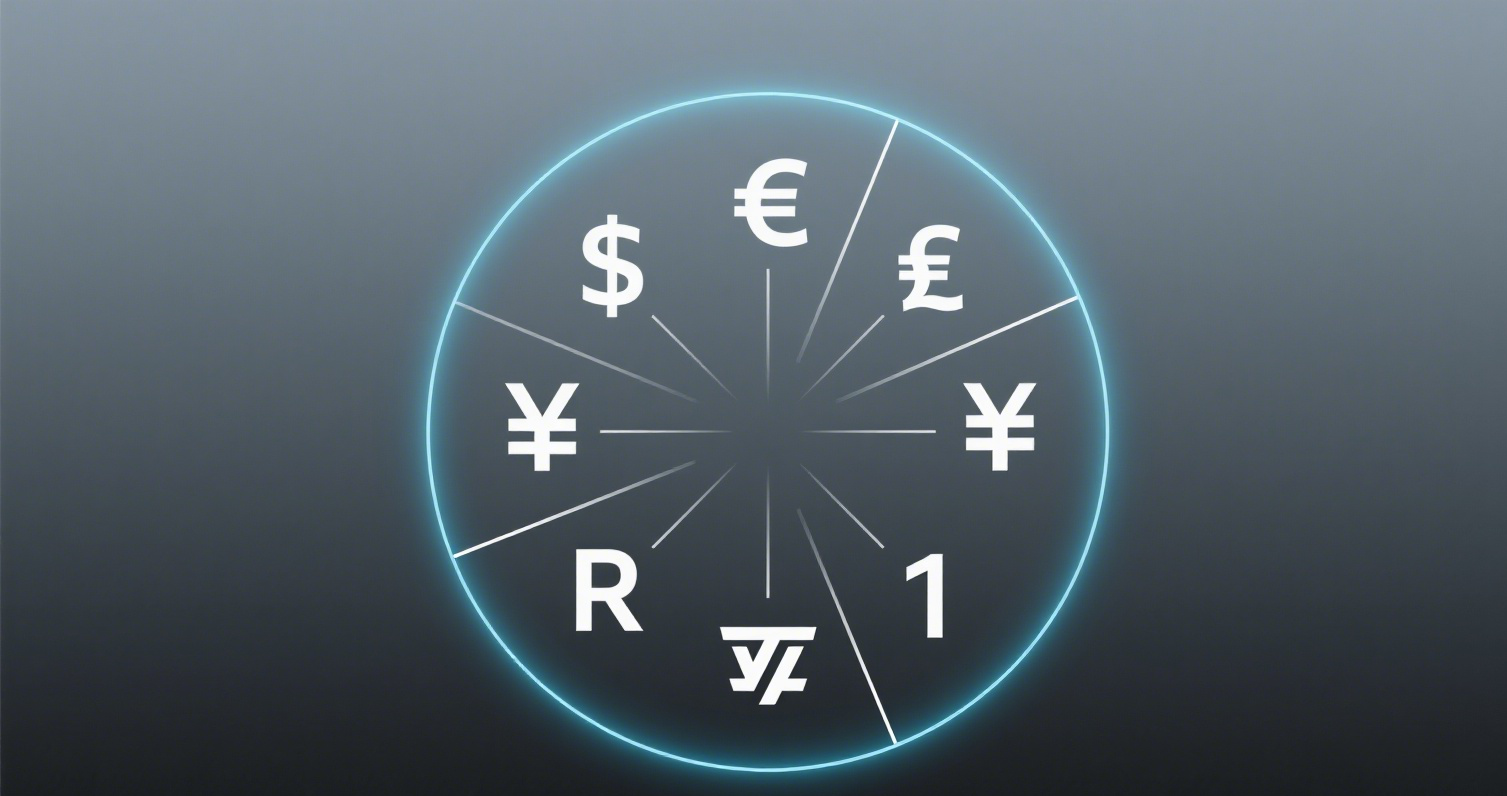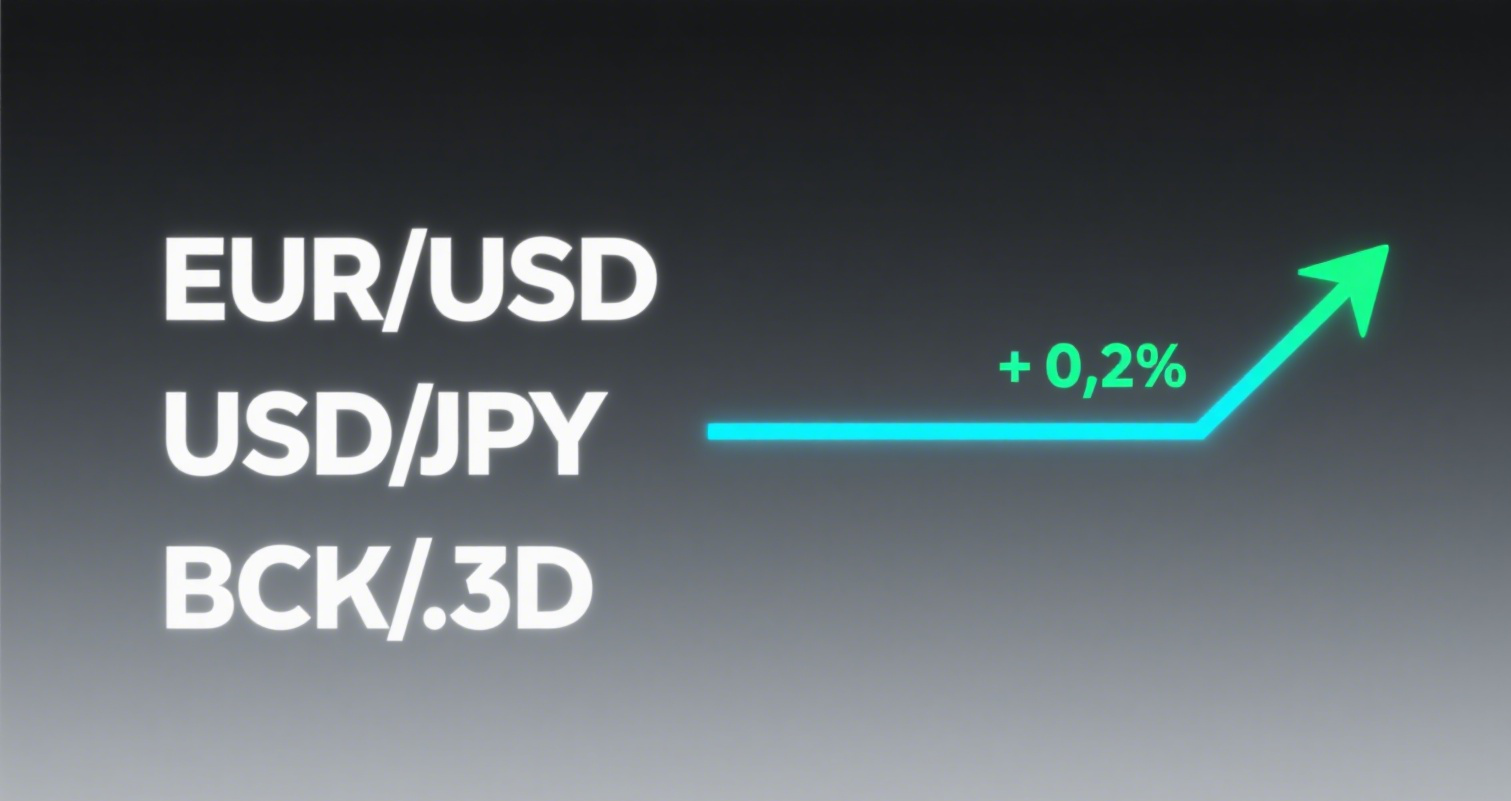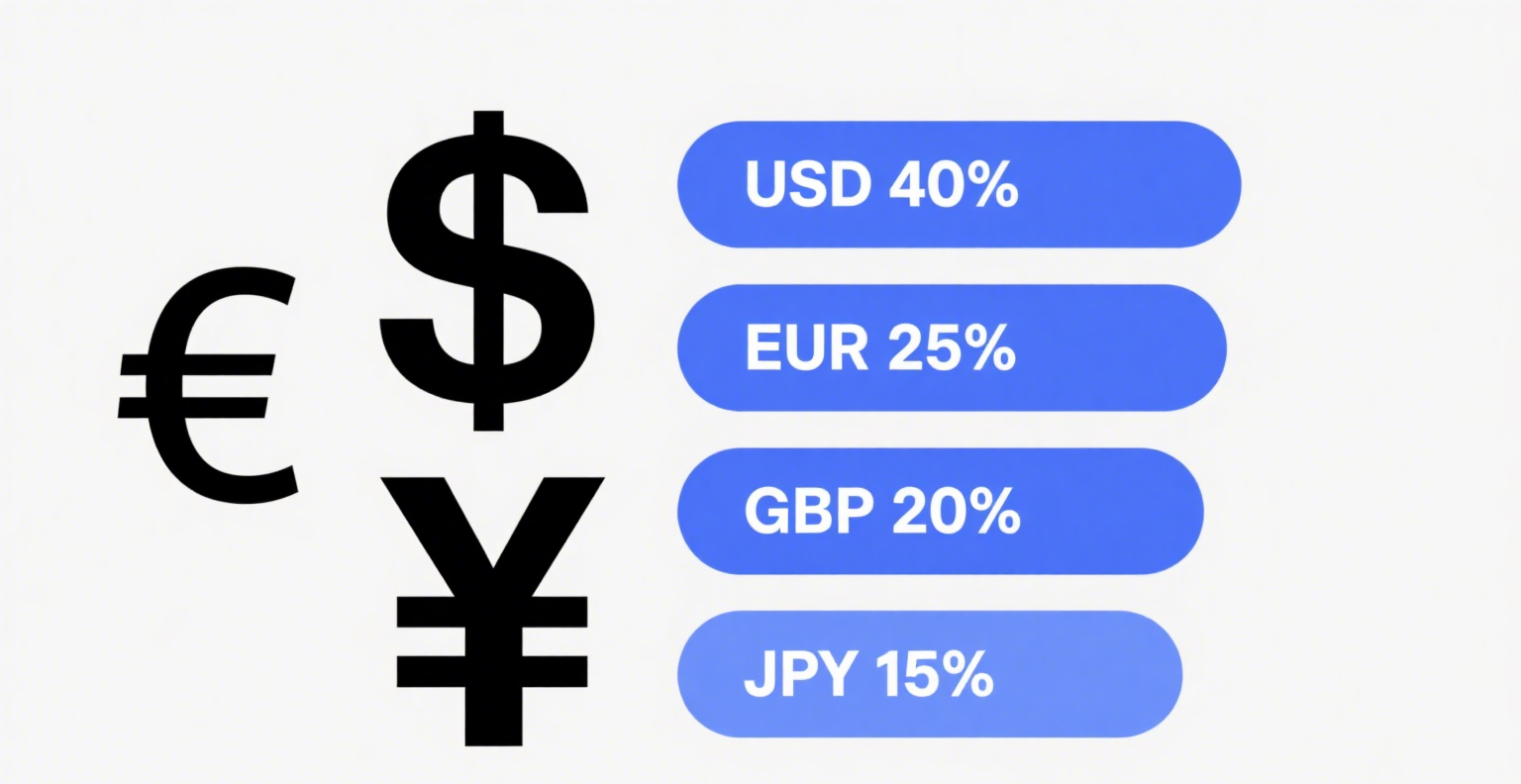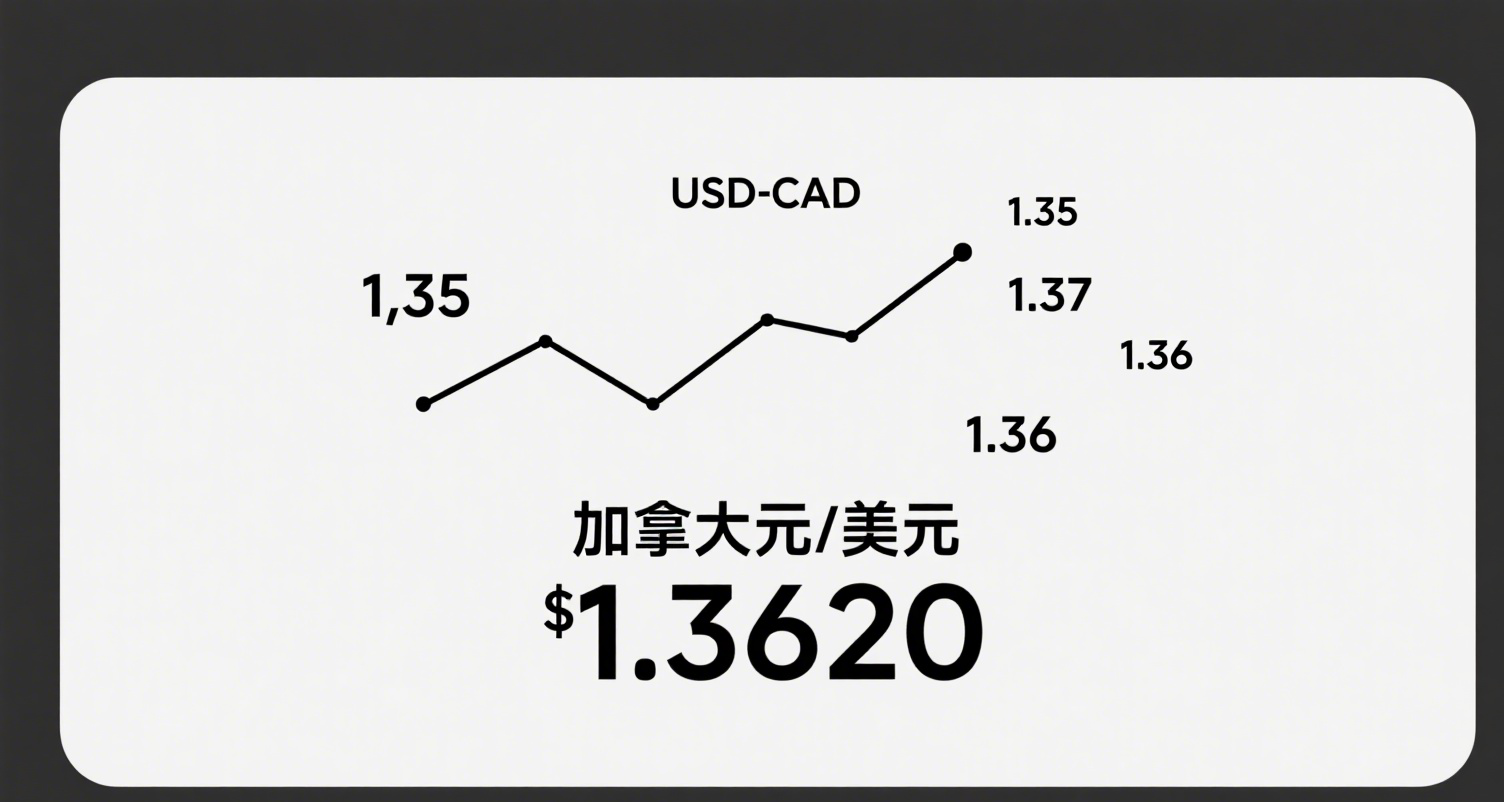
Currently, the deep integration of AI and innovative drugs is rewriting the rules of the pharmaceutical industry, significantly improving R&D efficiency and reducing the risk of failure. Under the traditional model, a new drug takes an average of 10-15 years to go from the lab to the market, often costing over $2 billion, with a success rate of less than 10%. This dilemma of "high investment, high risk, and long cycles" is being broken by AI technology. AI not only drastically reduces R&D costs and uncertainty but also creates the possibility of "corner overtaking." In this transformation, China has demonstrated great potential by leveraging its multiple advantages in technology, data, and policy.
How Does AI Empower Innovative Drugs?
Drug development is a complex and lengthy process, mainly including key stages such as target discovery, compound screening, and clinical trials. AI technology is playing a significant role in these stages, markedly improving efficiency and reducing costs.
In the target discovery stage, scientists previously needed months or even years to analyze disease mechanisms, whereas AI algorithms can analyze millions of research papers and vast genomic data in just a few hours, quickly identifying potential drug targets. For example, the UK-based AI company BenevolentAI analyzed 24 million medical documents and discovered two new targets for Alzheimer's disease in just six months—a process that might have taken five years using traditional methods.
AI's role in compound screening is particularly notable. Previously, it took months in the lab to test thousands of compounds one by one; now, AI can use "virtual screening" to predict which molecules are most likely to become effective drugs. In some cases, AI can screen 100 million compounds in 48 hours and successfully identify molecules with potential therapeutic effects.
In clinical trial design, AI can optimize patient recruitment criteria, predict trial outcomes, and even simulate clinical trials, greatly reducing the risk of failure. AI can also analyze vast amounts of clinical data to quickly identify opportunities for drug repurposing. For example, AI screened baricitinib as a potential treatment for COVID-19 in just two days, a discovery later validated clinically.
The benefits of these breakthroughs are substantial. According to estimates by the global investment firm ARK, AI can reduce new drug R&D costs by 85% and shorten the timeline by 40%, enabling more patients to access urgently needed medications faster while significantly improving pharmaceutical companies' performance.
Overseas AI Giants Enter the Innovative Drug Space
Global tech giants are turning their attention to the "AI + pharmaceuticals" blue ocean market, investing heavily to advance the technology.
For example, Alphabet, Google's parent company, has made deep inroads through its subsidiaries DeepMind and Verily. DeepMind's AlphaFold system solved the long-standing protein-folding problem in biology, accurately predicting 3D protein structures, which is crucial for drug design. Verily focuses on applying AI to disease diagnosis and health management.
Microsoft has established a dedicated "Healthcare AI" team, collaborating with pharmaceutical companies like Novartis to develop AI drug discovery platforms, with its Azure cloud platform providing robust computational support. Amazon is also keeping pace, offering AI services to biotech companies through AWS and investing in several AI-driven drug startups. NVIDIA has also prioritized the pharmaceutical and biotech sectors.
Additionally, Recursion uses AI for high-throughput drug screening and has secured multi-billion-dollar collaborations with giants like Bayer and Roche. Exscientia's AI platform has successfully designed multiple drug candidates that entered clinical trials, setting industry records. Schrödinger's molecular simulation software has been adopted by several major pharmaceutical companies. Today, AI has become one of the core drivers of drug innovation.
China's Advantages in "AI + Innovative Drugs"
In this global race, China is poised to achieve a "corner overtaking" in the "AI + innovative drugs" field, thanks to its unique advantages.
China boasts globally leading AI technology reserves, with AI patent applications accounting for over 40% of the global total. Domestic large-scale AI models rank in the top tier across multiple benchmarks. Compared to overseas counterparts, China's AI model developers place greater emphasis on open-source, low-cost, and high-performance model approaches, positioning them as a foundation for "AI + pharmaceuticals."
Data is another key competitive advantage for China. On June 30, the National Healthcare Security Administration and the National Health Commission jointly issued the "Several Opinions on Supporting the High-Quality Development of Innovative Drugs," which mentioned supporting the use of healthcare data for innovative drug R&D. China has medical data resources from a population of 1.4 billion, with high digitalization and low data collection costs. With privacy protection, this data can train more accurate AI models.
These advantages are translating into tangible results, with several Chinese innovative drug companies successfully using AI to accelerate R&D progress. Looking ahead, as technology continues to advance and the industry ecosystem improves, China is expected to play a significant role in the new wave of AI-driven pharmaceutical innovation, bringing more "Made in China" innovative drugs to global patients.







